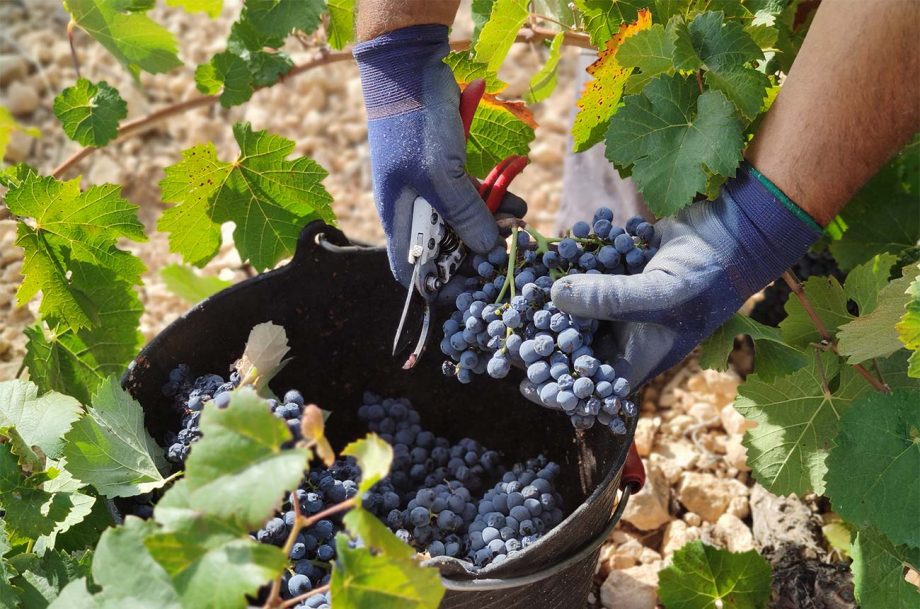If you want inexpensive, organic wines from historic, ungrafted, dry-farmed vines – and who doesn’t? – then head to Jumilla in Spain. See our pictorial review of this remarkable place, which needs promoting before it’s too late: Jumilla’s relic vineyards are under threat.
On July 20 I spent a week touring the top producers of Jumilla, a wine region on Spain’s south east coast, not far from Alicante. Landing back in London just 48 hours before Spain was added to the UK’s list of travel quarantine countries, and touring the wine region as coronavirus-related regulations were starting to tighten again in Spain, it was a trip made memorable by its timing, as well as the unique nature of Jumilla.

Making this Spanish wine region remarkable is its extraordinary stock of very old, bush-trained, ungrafted vineyards planted with Monastrell. Of the area’s 16,000 hectares, 1,000ha, or more than 6%, is planted with ungrafted vines, 98% of which are Monastrell – a grape that proves its hardiness by thriving without irrigation in baking, rocky sites, where very little rain falls… around 300mm on average each year.
It’s also notable for being an area of the wine world where vineyards are managed with few inputs, and, as a result, almost the entire region is farmed organically, and 80% is certified.
This is a very special part of the wine world, containing Europe’s single largest collection of ungrafted vines. And, importantly, such relic vineyards aren’t being used to craft extremely pricy wine. In fact, such little value is being placed on these ancient vine survivors, their future is under threat.
Sign up to our Newsletter to receive news about Jumilla’s campaign in the US

Copyright 2021 © All rights Reserved. Design by Desembarco Llc